I used to think that everything was just being funny but now I don't know. I mean, how can you tell?

I used to think that everything was just being funny but now I don't know. I mean, how can you tell?
Andy Warhol, the iconic pop artist known for his vibrant and often humorous works, has long been a source of fascination for art enthusiasts and critics alike. His unique approach to art, which blurred the lines between high and low culture, has left many wondering about the true meaning behind his creations. One of the most intriguing aspects of Warhol's work is his use of humor, which often served as a mask for deeper, more complex themes.For many years, I used to think that everything in Warhol's art was just being funny. His colorful soup cans, celebrity portraits, and quirky quotes seemed to be nothing more than playful jabs at the art world and society at large. However, as I delved deeper into his work and learned more about his life and influences, I began to question my initial assumptions. Was there more to Warhol's art than meets the eye? How can you tell if there is a deeper meaning behind the humor?
Warhol himself was notoriously enigmatic, often giving cryptic answers in interviews and leaving his intentions open to interpretation. Some critics argue that his use of humor was a way to critique consumer culture and the superficiality of celebrity, while others see it as a celebration of the mundane and everyday. In his famous quote, "I think everybody should like everybody," Warhol seems to be advocating for a more inclusive and accepting society, but the irony of his statement leaves room for doubt.
As I continue to explore Warhol's vast body of work, I find myself oscillating between amusement and contemplation. His art challenges me to look beyond the surface and consider the deeper implications of his playful aesthetic. Perhaps, in the end, the true meaning of Warhol's work lies in the ambiguity itself. Like a mirror reflecting back our own perceptions and biases, his art invites us to question our assumptions and embrace the complexity of the world around us. In the end, maybe the question of how to tell if something is just being funny is not as important as the act of questioning itself.
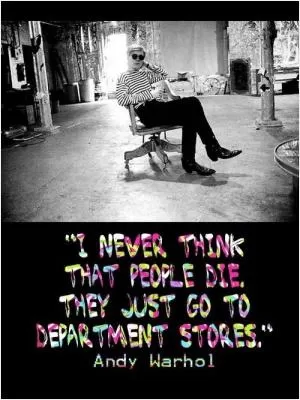





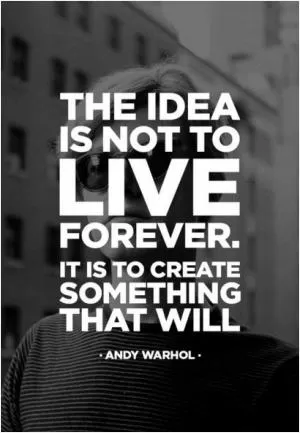
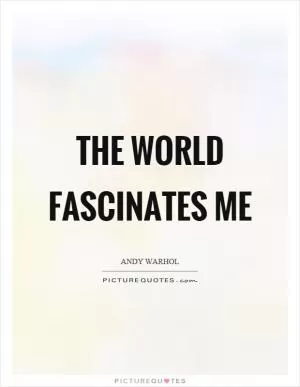
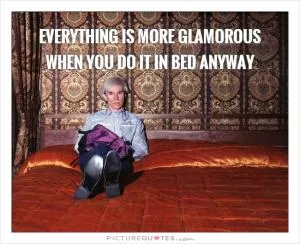
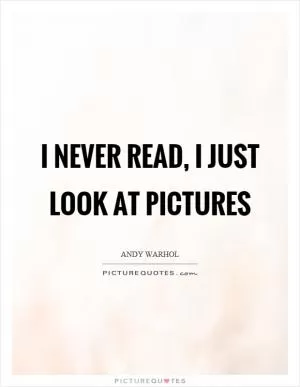

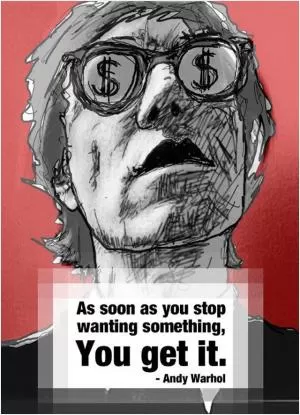
 Friendship Quotes
Friendship Quotes Love Quotes
Love Quotes Life Quotes
Life Quotes Funny Quotes
Funny Quotes Motivational Quotes
Motivational Quotes Inspirational Quotes
Inspirational Quotes